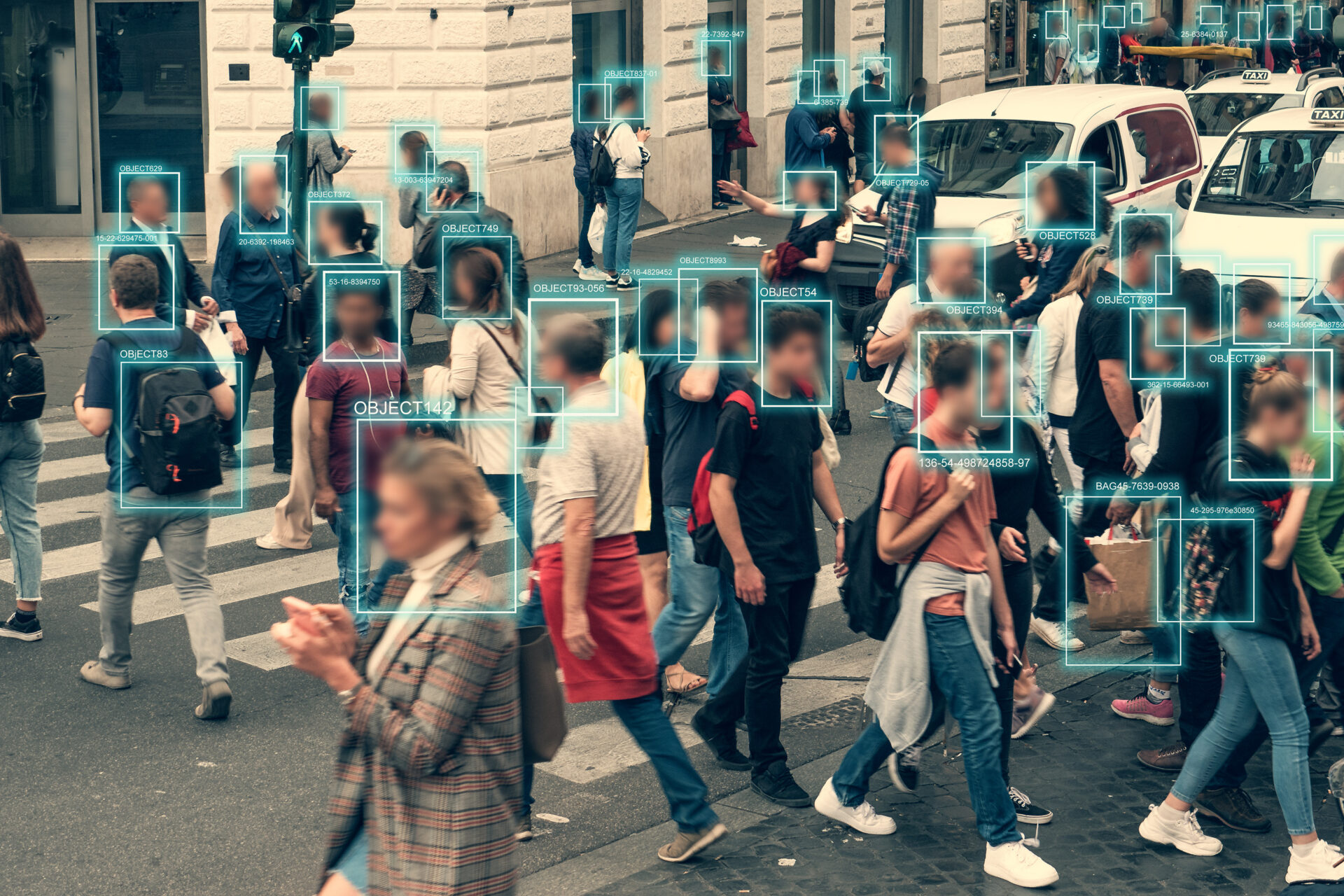The Institute for Public Policy Research (IPPR) has released a new analysis on the potential impacts of generative artificial intelligence (AI) on the UK labour market.
The report, “Transformed by AI: How Generative Artificial Intelligence Could Affect Work in the UK — and How to Manage It,” presents three scenarios depending on AI integration and government policy.
In the worst-case scenario, without government intervention, 7.9 million jobs could be replaced by AI, resulting in no GDP gains.
The central scenario forecasts 4.4 million job losses but economic gains of 6.3% of GDP (£144bn annually). The best-case scenario, which involves full job augmentation, predicts no job losses and an economic boost of 13% to GDP (£306bn annually).
The IPPR warns that the lack of government action could lead to the worst outcomes, noting that roles such as back office, entry-level, and part-time jobs are most vulnerable, especially those predominantly held by women.
Currently, 11% of tasks are susceptible to existing AI technologies, which could increase to 59% with deeper integration.
Kate Shoesmith, deputy chief executive of REC (Recruitment and Employment Confederation), commented on the report: “Collaboration on best practice, identifying the pitfalls and setting ethical parameters is the best way we have for rooting out the risks around bias and discrimination, lack of scientific validity, concerns about legal compliance with UK legislation and digital exclusion.”

















